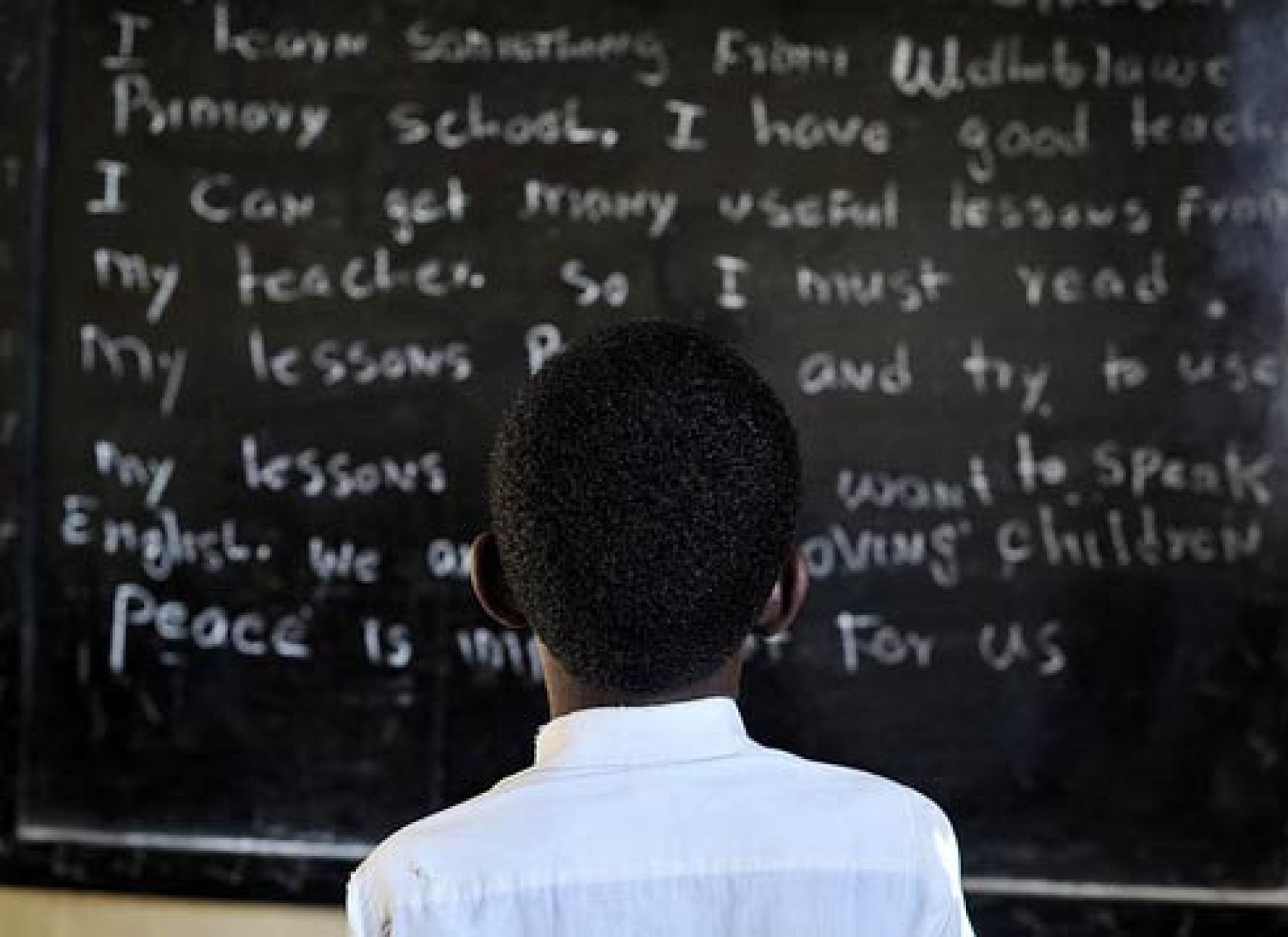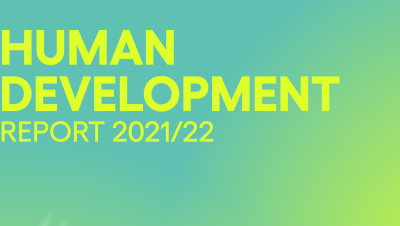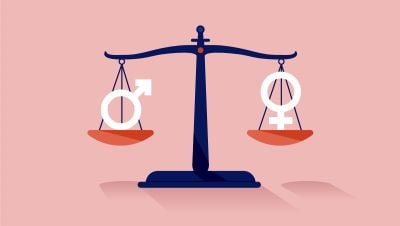Interview with Dan Ariely, James B. Duke Professor of Psychology and Behavioral Economics at Duke University
How did you get into studying how individuals make decisions or choices? Was this a rational decision?
I got into this following my experience of being in hospital for a very long time. I was badly injured when young. While in hospital, there were a number of things that I thought were very wrong, and I didn’t like. One was how the bandages were replaced for burn patients. What is the right approach for doing this—ripping them fast, or taking them out slowly? What is the best way to minimize the pain? The nurses said they knew the best approach, which was to rip them off fast. They followed their intuition. I didn’t agree that this was the right way. Despite good intentions, the nurses were wrong about this.
After leaving the hospital, I thought about doing experiments to understand how we sometimes have bad intuitions. Where do these fail us the most? What is the right model of human behaviour? I wanted to understand how people behave, how we make mistakes and also how we can do better.
This was not a “rational” decision. I did not consider all my options and think about them. I found something I liked to do and felt passionate about. I jumped right into it without thinking too much and without thinking for too long.
What have we learned from behavioural economics about how individuals and groups make decisions? How has this changed how economists think about decisionmaking? What are the implications in terms of policies for health, education and well-being?
People, in general, don’t make very thoughtful, rational decisions. For example, take texting and driving and our general addiction to cellphones. This is quite irrational. Most of the messages and emails we get do not need immediate attention.
There is the concept of random reinforcement. A rat gets food every 100th time he presses a lever. If the food is given on any random press between 1 and 200, the rat will go on pressing for much longer in hope of a reward. This is why we are addicted to our phones. From time to time we get an email or message that is very exciting, and hence we are hooked. We check our phones way too often, including when we are driving.
Take overeating, underexercising, financial decisionmaking, and there are millions of other places where we fail. In terms of relevant policies, this is not always an information problem. With smoking, for example, the barrier is not lack of good information.
A policy is a tool to get people to behave in a different way. If the model that the policy is based on is wrong, the policy will fail. There are some assumptions in standard models that have to be questioned. For example, people do not usually think long term.
And then, with banking regulation there is a need to understand the model. Bankers are not bad people, but there are conflicts of interest. Policies are introduced, for example, to increase transparency, but they do not achieve much. What is needed is a better theory of how people behave, what the conflicts of interest are and what can be done to bring down these conflicts of interest.
Being able to lead a long and healthy life, being well informed and being able to participate and make decisions are the foundations of well-being in the human development approach. This view holds that the expansion of individuals’ choices should be the goal of development. Given what we know from behavioural economics, would you say this view can be qualified, or nuanced, in some way?
This is a beautiful but naïve perspective. Choices are all good when they have no cost. Having choices can lead to what has been called the burden of choice.
We have to ask ourselves: Are we helping people by giving choices? Is it fair? Do you want to choose when to end your parent’s life, when to pull life support?
There are tiny choices—where to drink coffee, eat. People have no time to think about those choices. People take what is easily available. They don’t make these choices with full agency. There are the middle-range choices, for example, which camera or stereo system to buy. These are the decisions where people can make the right choice—given the right information, if they have the time and they think about it.
Then there are the really huge choices, involving marriage, house, savings, etc. When people get bad news, say about a health condition, they “shut down.” Studies show that with people who have prostate cancer, the course of treatment depends on which doctor they see first. If they see a surgeon, they have surgery. If they see a different doctor, they have a different treatment plan, not surgery.
It is with the very small and the very big choices that we have to help people.
We want to explore how individuals act as part of groups. How much are individual decisions impacted by social norms, values, stereotypes and prejudices? How do norms such as those of fairness, cooperation and honesty come to be, and how are they sustained?
With honesty, we have to think about rationalization. There are different aspects of honesty. People ask, how dishonest can I be and yet feel good about myself? This has to do with social norms. In some countries, bribery is ok. People ask themselves, what is acceptable here? They end up saying, ok, this is acceptable. If you live in a country where giving a bribe to a public official is common practice, you tell yourself that this is perfectly acceptable.
In the United States everyone gets away with illegal downloads. This is corruption! There is a big social element to it. People know it is illegal. Because everyone does it, this empties the moral content of it.
How important is self-image, or how we view ourselves, in making decisions? What are some applications of this and some implications for policy design?
Experiments show that people are not completely dishonest. People cheat less than what the theory of rational individuals would suggest. People ask themselves what they will be comfortable with (not what they can get away with). There is a range of goodness. People have a self-image, an internal standard for good behaviour, which is very much a social construct.
Policies that take advantage of the impact of social norms can be very effective. They had this problem in Bogotá, where people would not stop at red lights. The city hired mimes (clowns) to stand at intersections and to make fun of people who wouldn’t stop at traffic signals. People started behaving better. If you think about it, it was a beautiful intervention. This underlines the importance of understanding social constructs, changing the words and terms that people use and to get people to start thinking of themselves in different ways.
This interview was originally published in the Human Development Report 2016 "Human Development for Everyone". Please see special contribution on page 90.
The HDialogue blog is a platform for debate and discussion. Posts reflect the views of respective authors in their individual capacities and not the views of UNDP/HDRO.
HDRO encourages reflections on the HDialogue contributions. The office posts comments that supports a constructive dialogue on policy options for advancing human development and are formulated respectful of other, potentially differing views. The office reserves the right to contain contributions that appear divisive.
Photo: UN Photo/Tobin Jones


